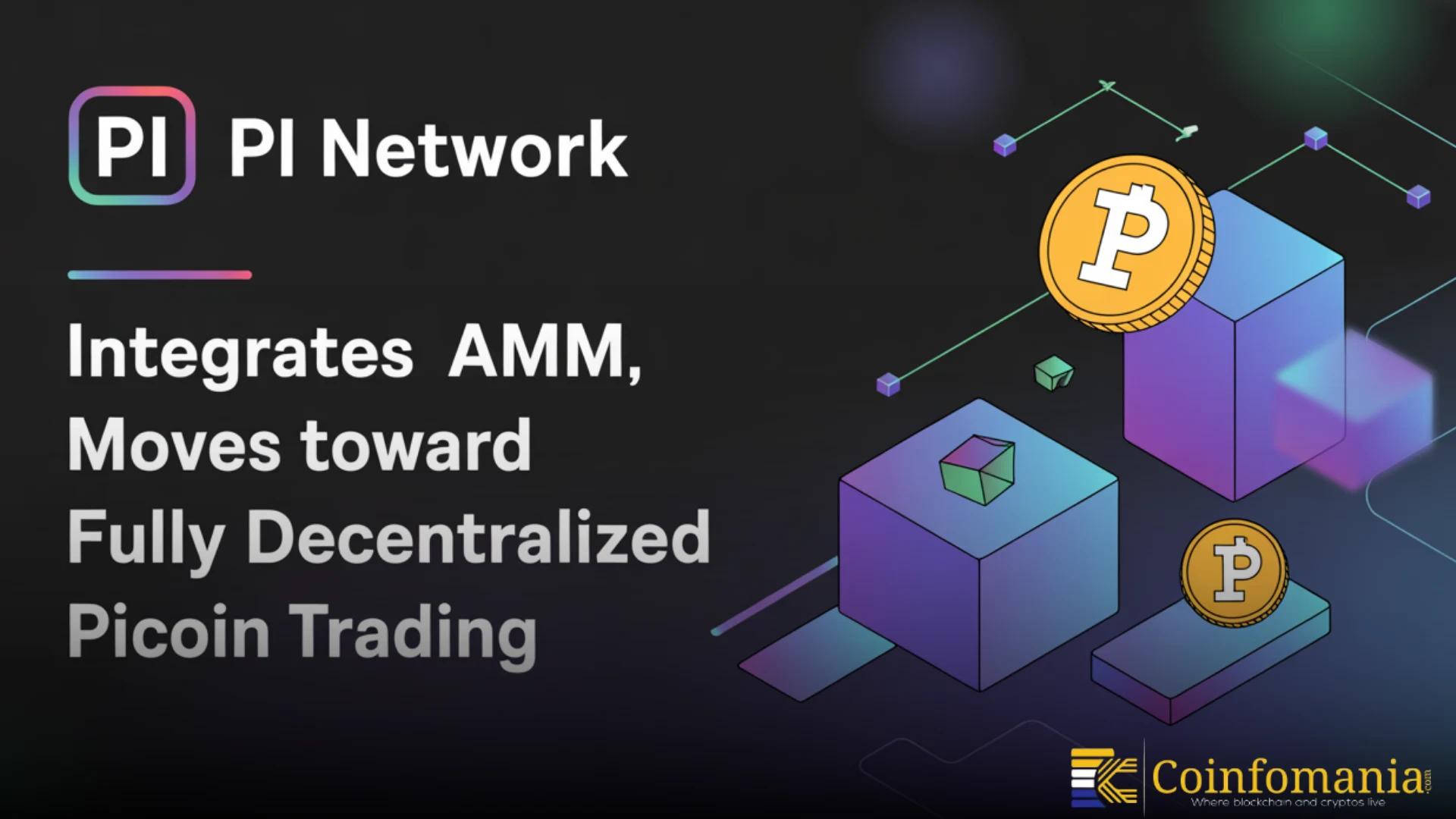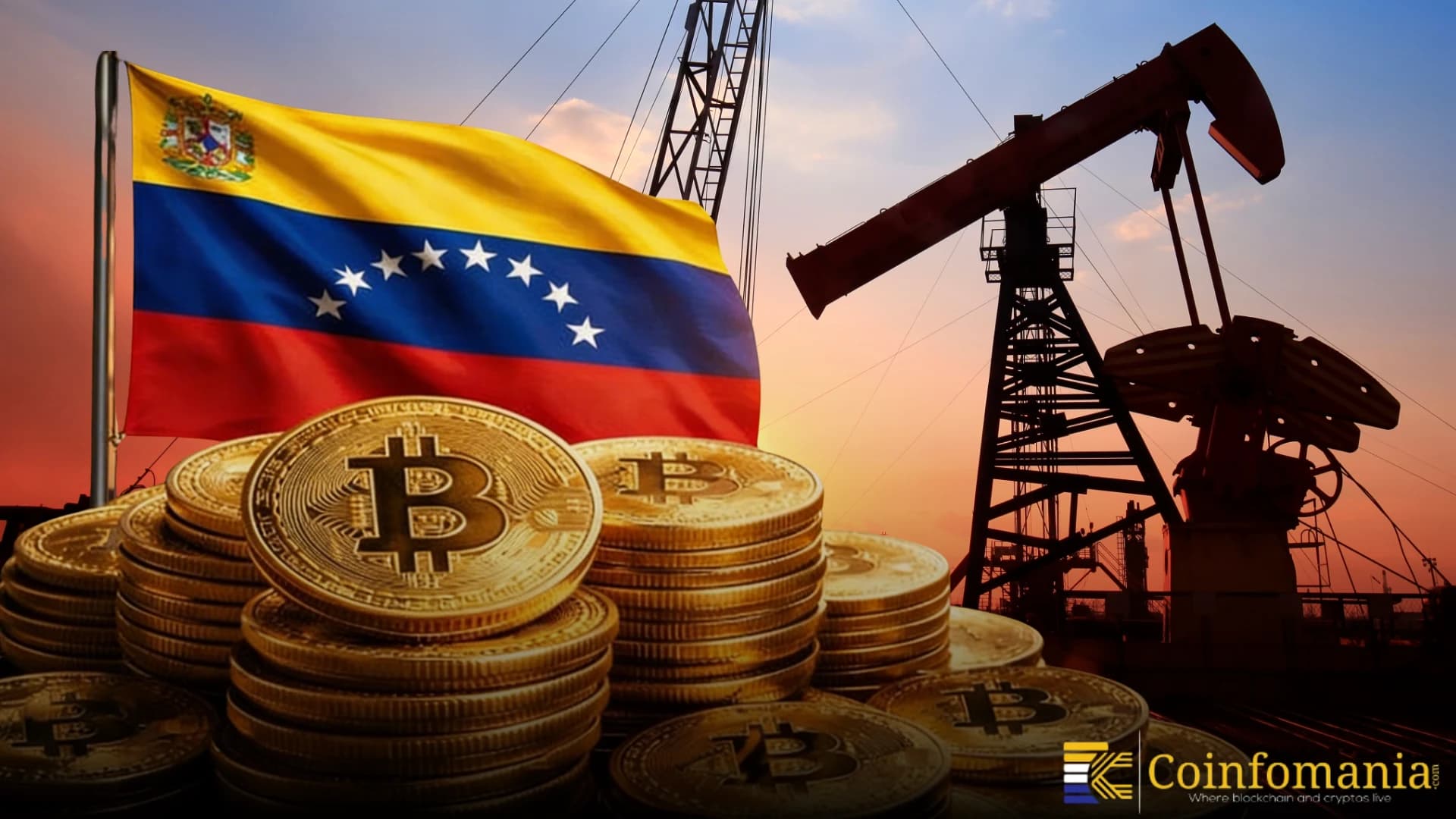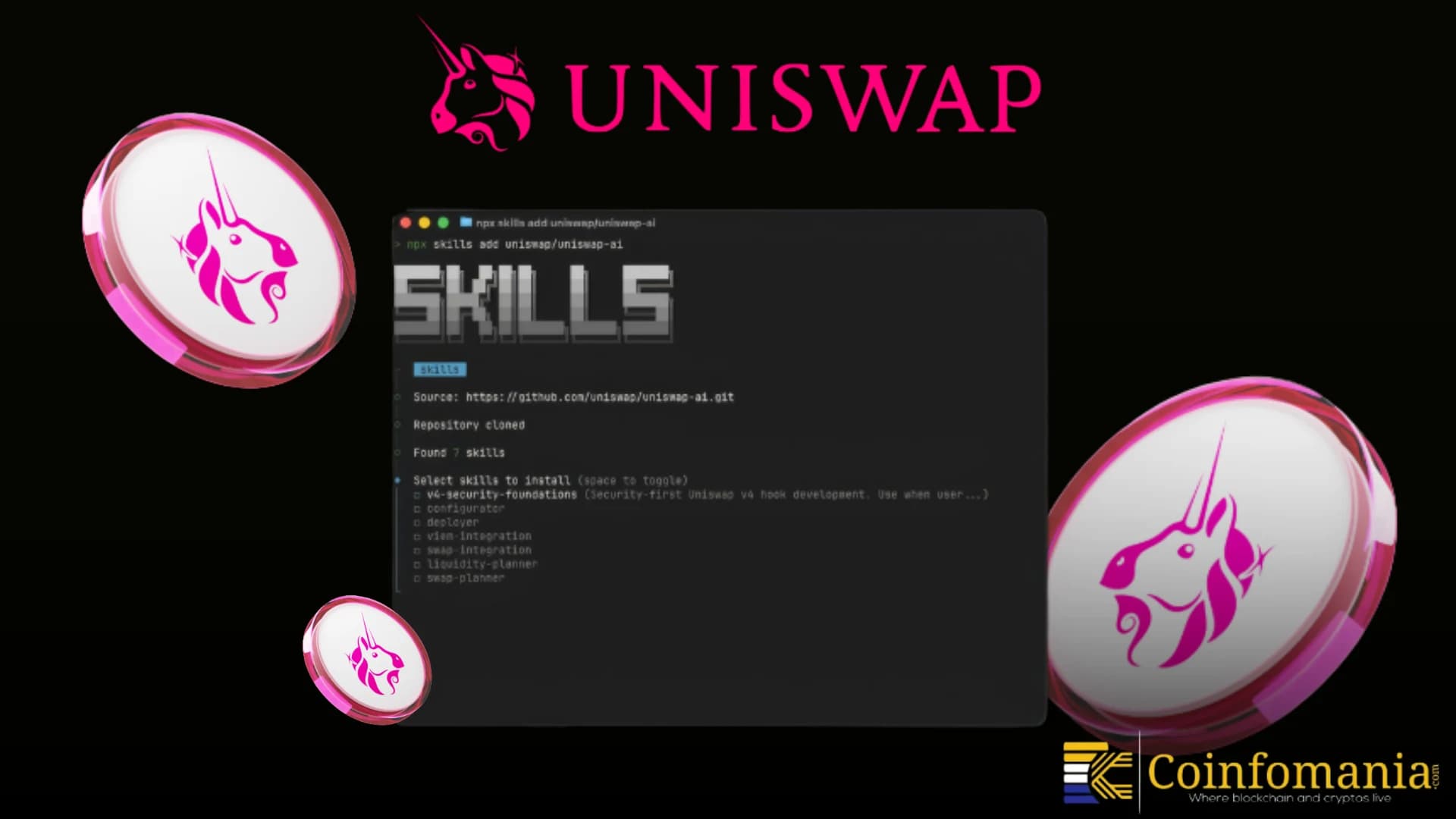Pi Network Integrates AMM, Moves Toward Fully Decentralized PiCoin Trading
Pi Network adds Automated Market Maker (AMM) tech to its DEX, enabling decentralized PiCoin swaps, liquidity pools and reinforcing Web3.

Quick Take
Summary is AI generated, newsroom reviewed.
Pi Network integrates AMM tech into its DEX, enabling direct PiCoin swaps with no intermediaries.
Testnet features (DEX, AMM, token creation) are live; mainnet deployment advances.
The update empowers community users (Pioneers) and developers alike.
The project faces liquidity, education and regulatory risks as it scales.
The Pi Network has incorporated the Automated Market Maker (AMM) into its decentralized exchange (DEX) officially. The update enables users to trade PiCoin on-chain and does not need any intermediaries. HOKANEWS.COM states that it is a significant milestone in the decentralized finance (DeFi) journey and the movement of Pi Network towards a more community-oriented trading system.
Implication of the AMM Integration
The AMM substitutes liquidity pools that are traditionally supported by order books with smart-contract-based liquidity pools. These pools have automated prices that are dictated by supply and demand.
With this upgrade, users can:
- Exchange PiCoin in real time with on-chain.
- Lend and receive trading fees.
- Be more engaged in the Pi ecosystem.
One of the new elements to this integration is a Global Consensus Value (GCV). Pi Network is a mobile-first mining business that was founded by Stanford graduates Dr. Nicolas Kokkalis and Dr. Chengdiao Fan. The network boasts of tens of millions of registered users all over the world reflecting its ever increasing global community. It brings new opportunities to the Pi ecosystem. Now, liquidity providers can receive fees by depositing assets to pools. The developers have access to the resources to create decentralized applications (dApps) based on PiCoin and its liquidity system.
Technical and Ecosystem Context
To the users, the update will enable them to have easier access to DeFi in the Pi Wallet and other associated systems. This move reinforces the fundamental mission of Pi Network which is to decentralize financial activity and empower the community instead of being dependent on centralized intermediaries.
Even after the milestone, Pi Network still has challenges. Ensuring that there are sufficient liquidities in PiCoin pools also continues to be a critical aspect to facilitate trading. With GCV-based stability, market volatility may result in short term gaps between on-chain and market prices. The other difficulty is user education.
There is also regulatory uncertainty. Other areas such as India and the United States still enforce stringent crypto regulations which might have an impact on the implementation rate. Lastly, the AMM mainnet implementation and full deployment of a DEX is ongoing, therefore, this is merely a developmental step and not a completed transition.
References
Follow us on Google News
Get the latest crypto insights and updates.


